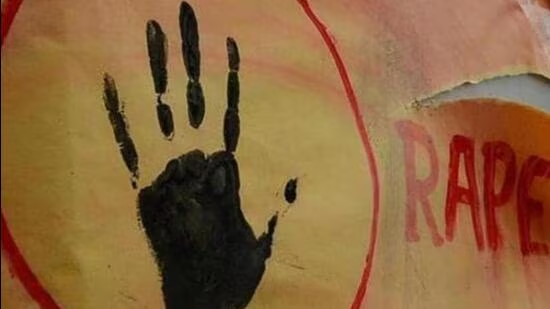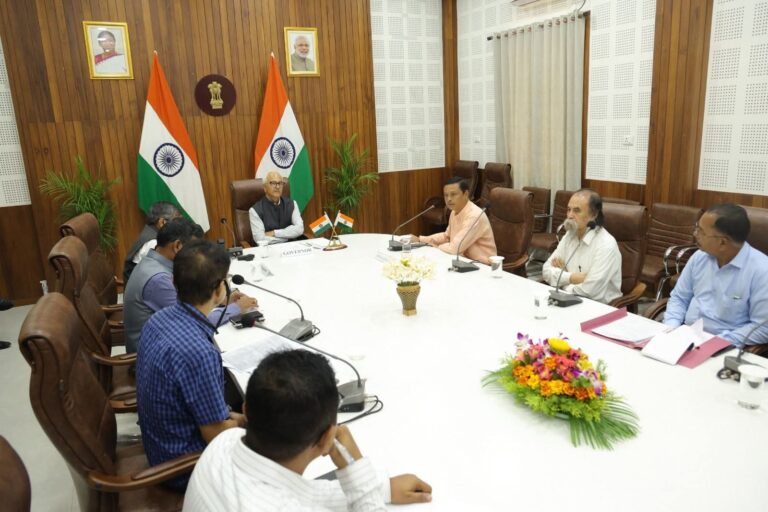Kakching CSOs Demand Unconditional Release of 11 Individuals
Summary of the News
In Kakching, Manipur, the arrest of 11 members of Langsai Thouna, a civil society group, sparked widespread protests. These arrests followed a peace rally against holding Lok Sabha elections amidst ongoing violence. Civil society organizations (CSOs) in the region, supported by community leaders and locals, demanded their unconditional release. The situation highlighted ongoing tensions in the region, with strikes and shutdowns amplifying the community’s frustrations with the government’s actions.
Protests Over the Arrest of Langsai Thouna Members: A Detailed Analysis
Introduction
Manipur’s socio-political landscape is a reflection of its people’s resilience and the deep-seated conflicts they face. The recent arrest of 11 members from the Langsai Thouna organization exemplifies this struggle. Let’s unpack what transpired and why it has ignited such intense protests.
Background: The Peace Rally
On December 1, 2024, members of Langsai Thouna organized a peace bike rally in Kakching and Thoubal districts. The rally aimed to urge the government to defer Lok Sabha elections until the ongoing violence subsided. However, the rally was halted by security forces, and several members were arrested for allegedly defying restrictions. The arrests, perceived as unjust, sparked immediate outrage among locals.
The Arrests and Immediate Fallout
The detained members, including convenor Ksh Rajiv, were charged and held at Kakching Police Station. Irate locals, particularly women protesters (known as Meira Paibis), gathered en masse, shutting down Kakching Keithel (market) and blocking roads. Their demands were clear: unconditional release of the arrested individuals.
Protesters even stormed the Kakching Police Station. The authorities, likely wary of escalating tensions, later released the detainees on a surety bond of ₹20,000 each.
Community’s Response: Civil Action at Its Peak
Civil society organizations, led by influential community leaders, played a significant role in mobilizing support. Strikes, shutdowns, and roadblocks became the tools of resistance. These methods effectively paralyzed normal life in the region, demonstrating the power of collective action.
Underlying Issues: Why These Protests Matter
- Electoral Timing Amidst Unrest
The demand to postpone elections stems from concerns that holding them in such volatile times could exacerbate tensions. - Perceived Government Apathy
The protesters argue that the arrests symbolize a broader pattern of neglect and insensitivity by the authorities toward local grievances. - Social Cohesion Under Threat
Events like this rally and subsequent arrests highlight the fragility of peace in a region already grappling with ethnic and communal conflicts.
The Larger Picture
This isn’t an isolated incident. Similar protests have erupted across Manipur over various issues, such as the abduction of local youths and failures in governance. In October, a 48-hour general strike paralyzed Thoubal district when two Meitei youths were abducted. These recurring protests underscore a deep mistrust between the people and the state.
Impact on Everyday Life
The protests have had tangible impacts:
- Economic Disruption: Markets remain closed during shutdowns, affecting daily wage earners.
- Restricted Mobility: Roadblocks halt transportation, isolating villages.
- Heightened Tensions: Each protest adds to the strain between communities and authorities.
Conclusion: A Call for Dialogue
The arrests of Langsai Thouna members and the ensuing protests are symptomatic of a larger issue: the lack of meaningful dialogue between the government and the people. To prevent further unrest, authorities must engage with local leaders and address their concerns proactively. Only then can Manipur move towards lasting peace.
FAQs
- Why were Langsai Thouna members arrested?
They were detained after organizing a peace rally opposing Lok Sabha elections amidst ongoing violence. - What was the community’s response to the arrests?
Massive protests, including market shutdowns, roadblocks, and demands for unconditional release. - What is the role of Meira Paibis in these protests?
Meira Paibis, a collective of local women, actively led and participated in the demonstrations. - How did the government handle the protests?
The detainees were released on a surety bond after intense community pressure. - What broader issues do these protests highlight?
They underscore frustrations over governance, ethnic conflicts, and the timing of elections amidst unrest.




